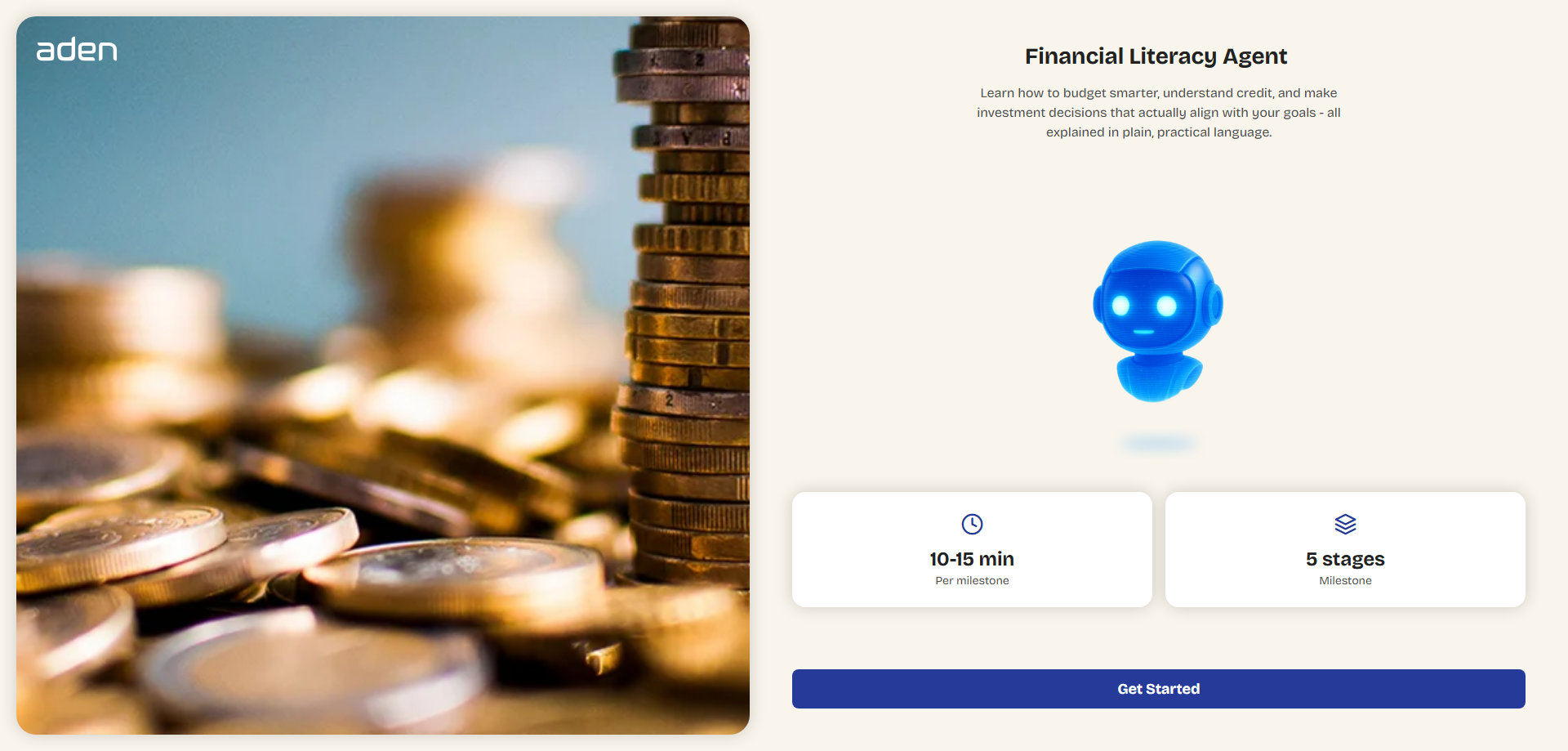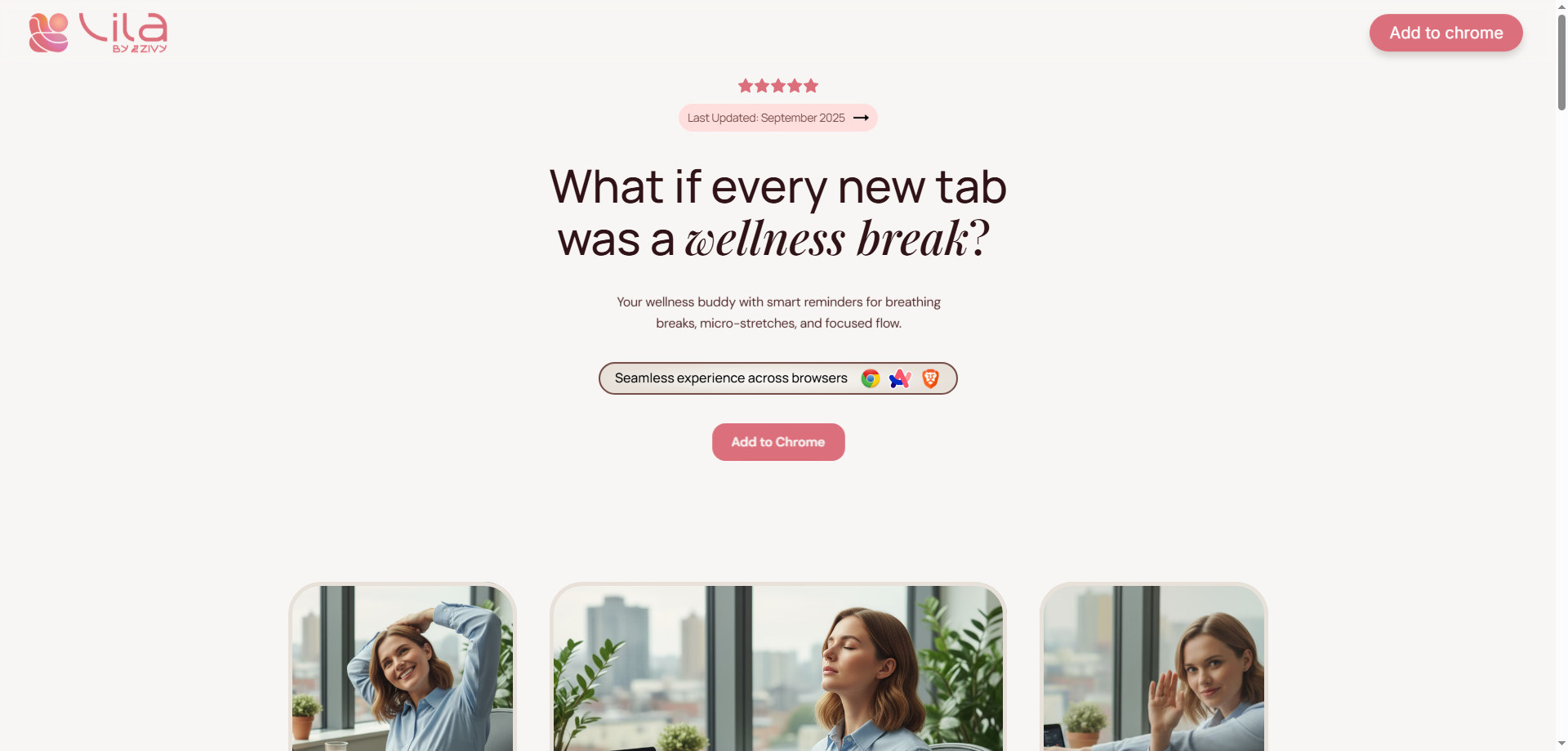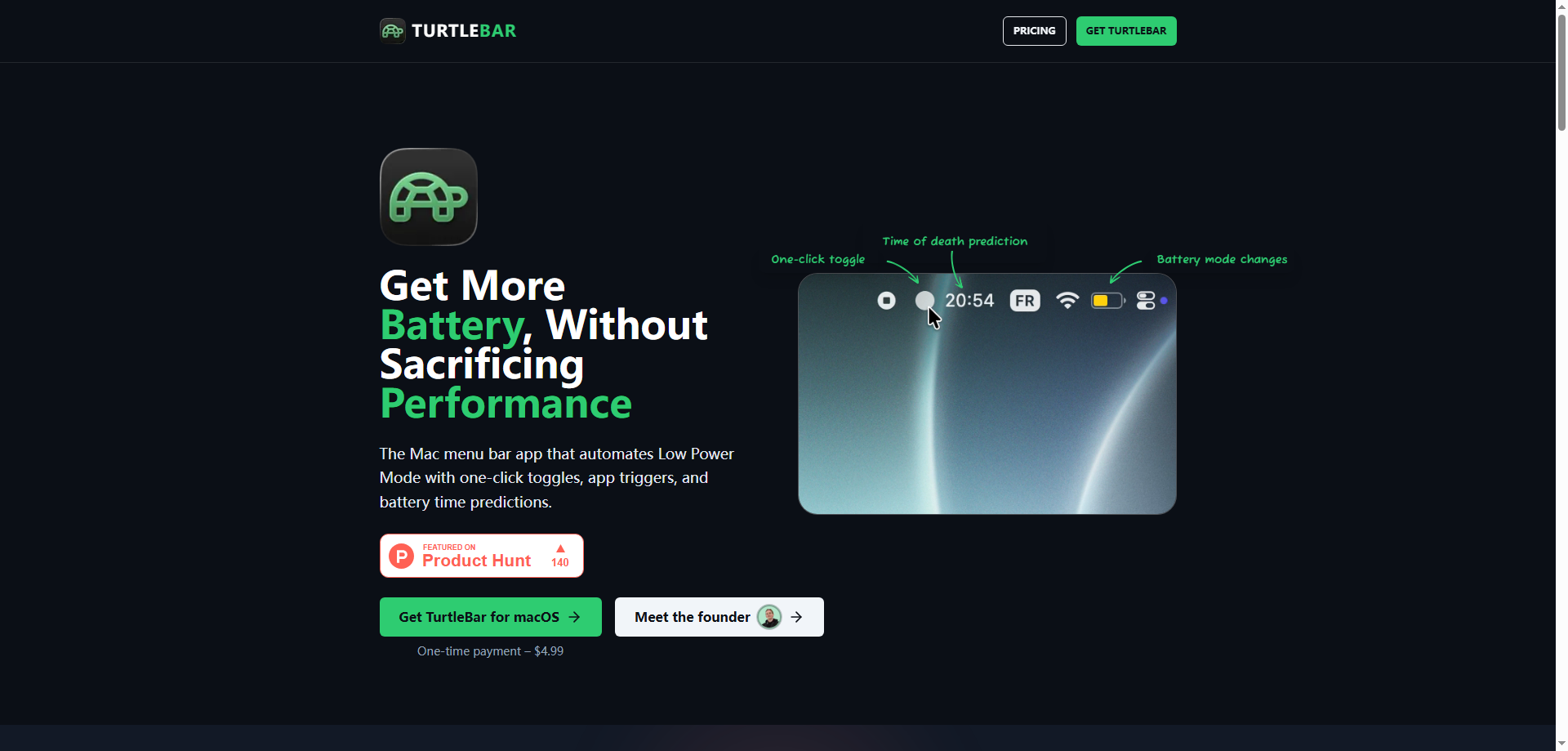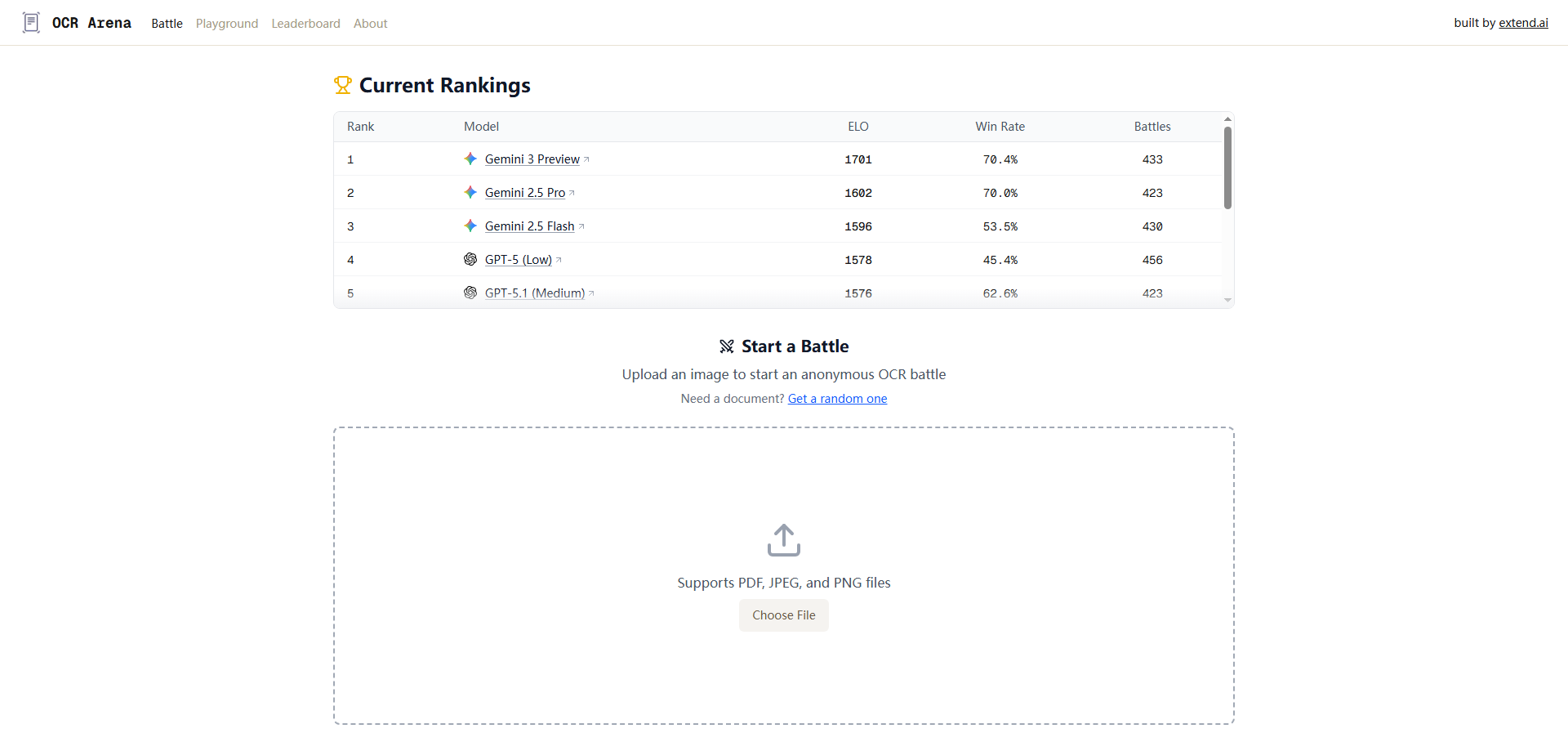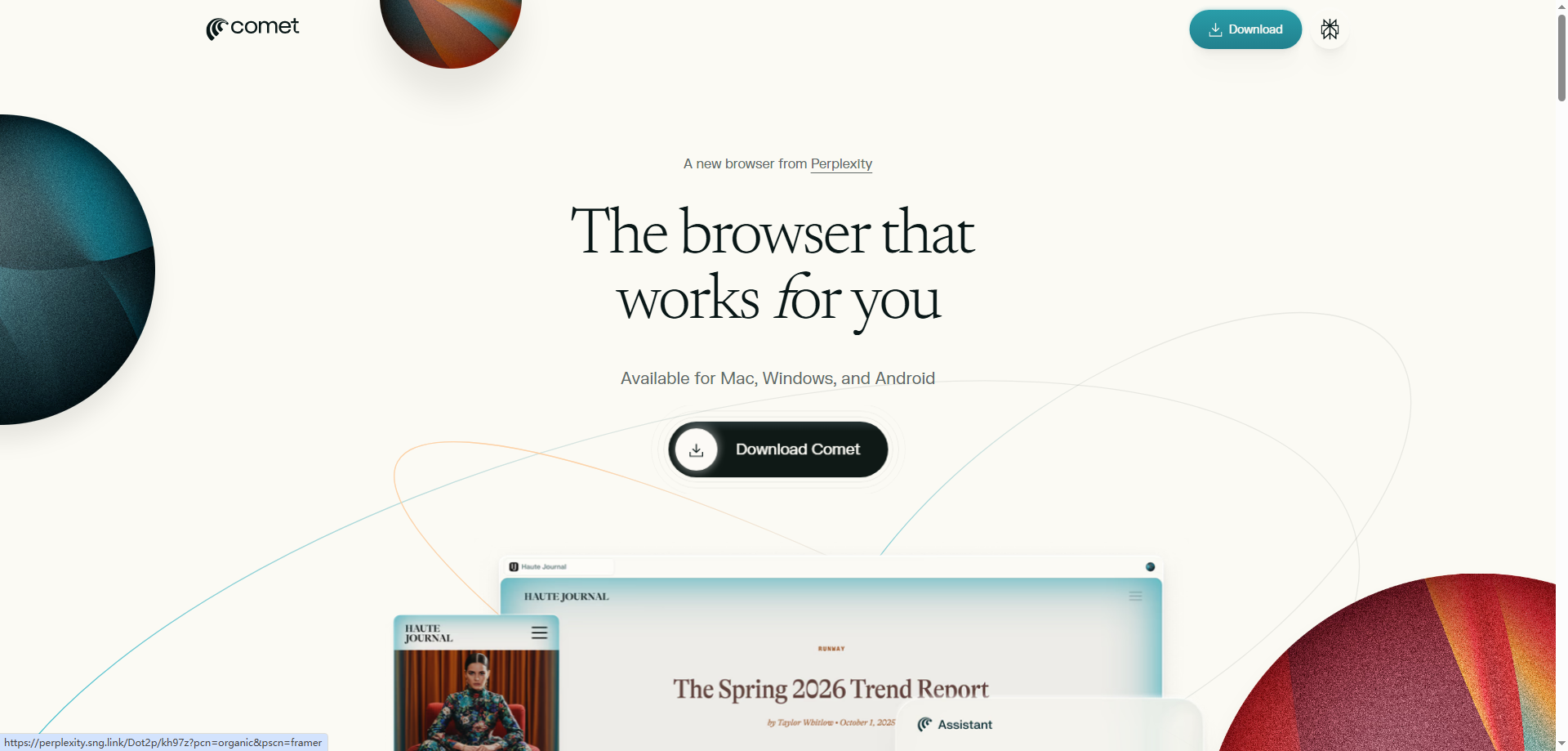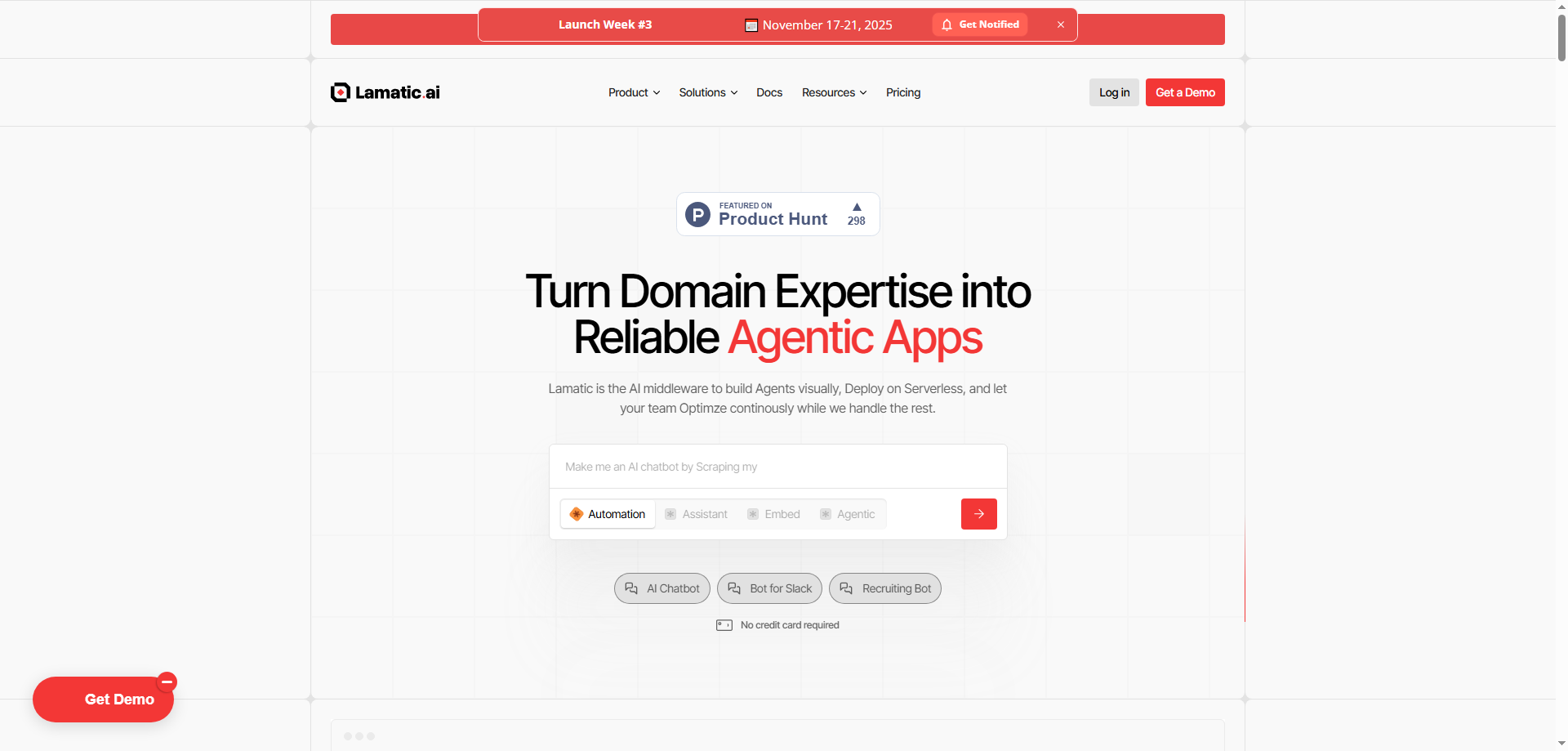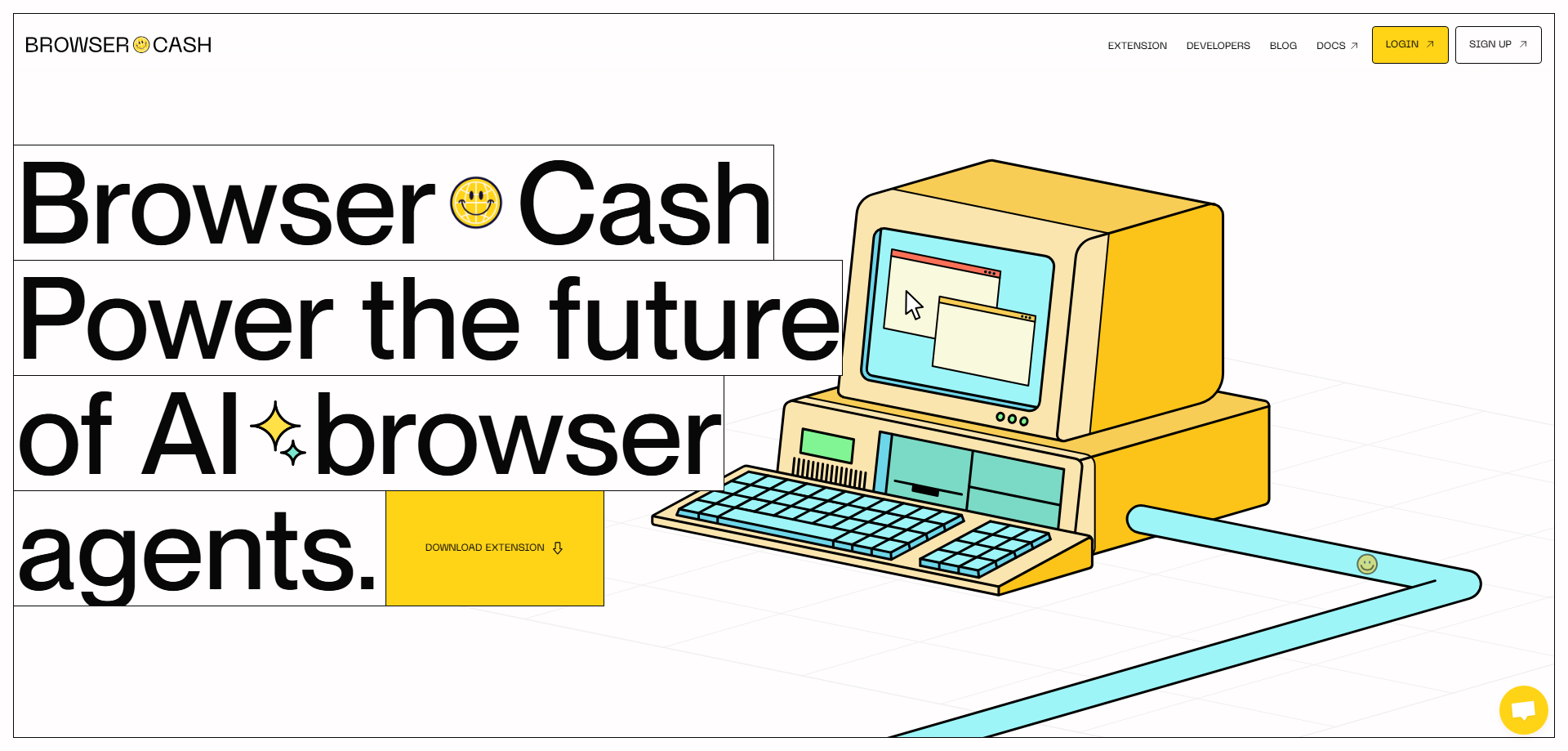1. Creative Innovation: They Basically Gave My Textbooks A Personality
Okay, so let me paint you a picture of my usual learning experience: I download a PDF, open it with the best intentions, read maybe three pages, get distracted by literally anything else, and never touch it again. Sound familiar?
Now here's what Aden did that's genuinely clever—they took all that dead content (PDFs, PowerPoints, videos that I half-watch on 2x speed) and basically resurrected it as an interactive AI teacher. Like, not just a chatbot that answers questions. An actual digital professor with an avatar who walks me through the material, quizzes me, and doesn't judge me when I get stuff wrong.
What I think is really creative here is that they're solving the "engagement problem" rather than the "content problem." We don't need more learning materials—the internet is drowning in free courses and tutorials. What we need is someone (or something) to actually MAKE us learn that stuff. Aden figured out that the bottleneck isn't access to information; it's motivation and accountability.
The simulation training thing is wild too. So like, if I'm learning workplace safety, the AI can throw me into a simulated emergency scenario where I have to make decisions. That's way more effective than reading "in case of fire, use extinguisher" in a manual. It's experiential learning without the risk of, you know, actual fire.
And here's the part that made me go "oh, that's smart"—they let YOU upload the content. They're not trying to compete with Coursera or Udemy by creating courses. Instead, they're saying "you already have the knowledge somewhere, let us make it teachable." That's a lower barrier to entry and it means companies can use their existing training materials without starting from scratch.
The AI avatar thing might seem gimmicky, but honestly? Having a "face" to associate with learning makes it feel less lonely. I'm basically having a conversation rather than staring at text. My monkey brain likes that.
2. Disruptive Potential: Is This Going To Put My College Professors Out Of A Job?
Alright, let's talk about whether Aden is actually going to replace existing education tools, or if it's just hype with a bold tagline.
What I think could genuinely get disrupted:
-
Corporate training platforms: Right now companies use stuff like Lessonly, TalentLMS, or Articulate. But those require someone to BUILD the course, which is time-consuming. If Aden can auto-generate courses from existing docs, that's way faster and cheaper
-
Onboarding processes: Most companies make new employees sit through hours of orientation videos and PDF reading. An AI professor that can answer questions and test comprehension in real-time? That's objectively better than watching a 45-minute video about company values
-
Compliance training: Nobody—and I mean NOBODY—enjoys compliance training. But it has to happen. If an AI can make that even 20% less painful while still ensuring people actually learn the material, companies will pay for that
-
Self-paced online learning: A lot of people buy courses on Udemy or Skillshare and never finish them. Having an AI that holds you accountable and actively teaches you might improve completion rates dramatically
But here's where I'm calling BS on the "replacing professors" angle:
Look, I went to college. I had amazing professors who didn't just teach information—they challenged my thinking, shared personal experiences, connected concepts across disciplines, and genuinely cared about my development. An AI avatar reading through uploaded PDFs isn't doing that.
What Aden can replace:
- Bad professors who just read from slides (yes, they exist)
- Rote memorization tasks
- Basic skills training
- Standardized compliance courses
What Aden CANNOT replace:
- Critical thinking development
- Socratic dialogue and debate
- Mentorship and career guidance
- The social learning that happens in classroom discussions
- Research supervision and thesis advising
- The human connection that makes learning meaningful
My realistic take: Aden isn't replacing education—it's replacing the boring, administrative parts of education that nobody likes anyway. It's like how calculators didn't replace math teachers; they just freed teachers to focus on concepts instead of computation.
I could see this absolutely dominating in:
- Corporate training departments
- Professional certification prep
- Skills-based vocational training
- Supplemental learning for students
But traditional universities, human professors teaching complex subjects, and education that focuses on developing humans rather than just transferring information? Those aren't going anywhere.
The real disruption is making "just-in-time learning" actually practical. Instead of signing up for a 6-week course, I can upload a manual and learn what I need RIGHT NOW. That's powerful for workplace learning specifically.
3. User Acceptance: Would I Actually Use This Or Is It Just Cool In Theory?
Let me be real about whether I'd actually adopt this into my life, because there's a big gap between "sounds cool" and "I'd pay for this."
Why I'm genuinely interested:
-
I have SO much content I've never consumed: Seriously, I have like 50 PDFs saved on my desktop labeled "read this" that I've never touched. If Aden could turn those into interactive lessons, I might actually learn that stuff. That's immediate value for me
-
Learning alone sucks: I've quit so many online courses because it's just me and a video with no interaction. Having an AI that feels conversational would probably keep me engaged longer
-
The simulation training is genuinely useful: If I'm learning something practical—like how to use software, handle customer complaints, or follow safety procedures—being able to practice in a simulated environment is WAY better than just reading about it
-
I'm impatient: I don't want to sit through a 3-hour course when I only need to learn one specific skill. If I can upload relevant docs and get straight to what I need, that respects my time
But here's what's making me hesitate:
-
Quality concerns: How good is the AI at actually teaching? Like, can it explain complex concepts clearly, or does it just regurgitate text from the PDF? If it's the latter, I might as well just read the PDF myself
-
Voice/avatar uncanny valley: I've seen a lot of AI avatars that are... creepy. Or robotic. Or both. If the teaching experience feels weird, I'm out. I need to see examples of what the actual experience looks like
-
Upload friction: Do I have to format my documents a certain way? What if my PDF is a scanned image with poor quality? Will it still work? These technical hiccups could kill adoption
-
Pricing anxiety: They don't mention pricing AT ALL in the description. Is this $10/month or $500/month? That makes a huge difference in whether I'd even consider it
-
Effectiveness proof: Can they show me data that people actually LEARN better with this compared to traditional methods? Or is it just more engaging but not more effective? Engagement without results is just entertainment
Who I think will actually use this:
-
Corporate training managers: They have urgent needs, existing content, and budgets. This solves real pain points for them
-
Small business owners: People who need to train employees but don't have the time or resources to create formal training programs
-
Self-learners who need structure: People like me who have motivation issues with traditional online learning
-
Certification prep people: Anyone studying for an exam who has materials but needs someone to hold them accountable
Who I think WON'T use this:
-
Students in formal education: They already have teachers and structured curricula. This is redundant for them
-
People who learn fine from reading: If you're the type who can sit down with a textbook and absorb it, you don't need this
-
Anyone skeptical of AI: And honestly, that's still a lot of people, especially in education
My adoption threshold:
I'd actually pay for Aden if:
- I can try it for free first and see that the teaching quality is legitimately good
- It costs less than $50/month (preferably closer to $20)
- I can easily upload various file formats without technical hassle
- The AI can answer follow-up questions intelligently, not just parrot back the document
- I can see progress tracking and actually verify I'm learning
Without seeing those things proven, this stays in the "interesting concept" category rather than "take my money" category.
4. Survival Rating: ★★★☆☆ (3/5 Stars)
My honest prediction: Aden has a fighting chance, but I'm not betting the farm on them making it. Here's my unfiltered breakdown.
Opportunities That Give Me Hope:
-
Corporate training is a massive market: Companies spend billions on employee training every year, and most of it sucks. There's real money here if they can prove ROI
-
The "future of work" narrative: Everyone's talking about continuous learning and upskilling. Aden fits perfectly into that conversation, which could help with fundraising and PR
-
Existing content leverage: The fact that companies don't need to create new content from scratch lowers the barrier to adoption significantly. That's smart positioning
-
AI is having a moment: Right now investors and early adopters are excited about AI products. Riding that wave could help them gain traction quickly
-
Specific use cases are strong: Safety training, compliance, onboarding—these are areas where the value proposition is crystal clear and measurable
Risks That Keep Me From Giving 4+ Stars:
-
Crowded market: There are SO many AI education tools launching right now. What makes Aden defensible? Why wouldn't a bigger player like Coursera or LinkedIn Learning just build this feature?
-
The "AI professor" framing is risky: That tagline "AI is replacing professors" is going to piss off educators and make them defensive. That's not a customer base you want to alienate. Bad marketing angle IMO
-
Quality consistency problem: AI-generated educational content can be hit or miss. If 30% of uploaded documents result in poor teaching experiences, word will spread fast and kill growth
-
Monetization uncertainty: I have no idea how they're making money. Subscription? Per-course fees? Enterprise licensing? Without a clear business model, sustainability is questionable
-
Retention risk: Will companies keep paying after the initial "wow factor" wears off? Or is this a tool they use once for onboarding and then forget about? Retention metrics will determine survival
-
Compute costs: Running AI avatars and generating interactive courses in real-time is probably expensive AF. Can they price this sustainably without losing money on every customer?
-
Regulation concerns: If they're being used for compliance training and someone gets hurt because the AI didn't teach properly, there could be liability issues. That's a legal minefield
What would bump my rating up:
I'd give 4 stars if I saw:
- Major enterprise customers publicly using it (like "Fortune 500 company X trained 10,000 employees with Aden")
- Published data showing improved learning outcomes compared to traditional methods
- Clear pricing that makes sense for different customer segments
- Evidence of strong retention (customers staying for 6+ months)
- Strategic partnerships with existing Learning Management Systems
I'd drop to 2 stars if:
- Competitors with more resources launch similar features
- Early customers report that AI teaching quality is inconsistent
- They run out of funding before finding product-market fit
- Negative press about AI replacing teachers creates backlash
My Brutally Honest Take:
Aden has built something interesting, but "interesting" doesn't guarantee survival. They're in the dangerous middle zone—cool enough to get attention, but not obviously game-changing enough to dominate quickly.
The next 12 months, they need to:
-
Pick a niche and own it: Don't try to be everything to everyone. Maybe focus exclusively on corporate safety training or sales onboarding. Prove massive value in ONE area first
-
Show the receipts: Publish case studies with real numbers. "Company X reduced training time by 60% and improved test scores by 40%" is what closes deals
-
Build defensibility: What stops a competitor from copying this? They need network effects, proprietary data, or exclusive partnerships
-
Fix the messaging: Stop threatening professors. Position as "empowering educators" or "making existing content more effective," not "replacing humans"
-
Nail the pricing: Too expensive and SMBs can't afford it. Too cheap and enterprises won't take it seriously
Three stars feels right because I see multiple paths forward but also multiple ways this could fail. If I were advising them, I'd tell them to focus obsessively on one specific corporate training use case, prove undeniable ROI there, then expand. Trying to boil the ocean with "AI replaces all education" is a recipe for mediocrity.
But hey, I've been wrong before. Maybe in a year everyone's got an AI professor and I'm eating these words. We'll see!
